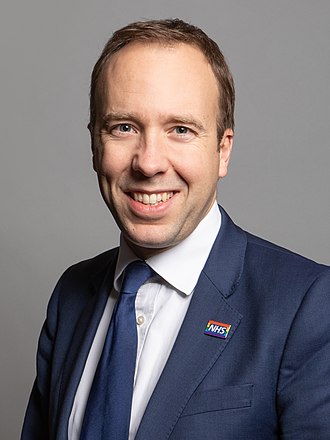People suffering ‘long covid’ symptoms will be offered help at specialist NHS clinics to be set up across England.
Increasing medical evidence and patient testimony shows that a small but significant minority of people who contract Covid-19 cannot shake off the effects of the virus months after initially falling ill – a scenario that has been dubbed ‘long covid’.
 Some estimates suggest that 10% of Covid patients may still be experiencing symptoms more than three weeks after infection, and perhaps 60,000 people could be suffering from ‘long covid’ symptoms after more than three months.
Some estimates suggest that 10% of Covid patients may still be experiencing symptoms more than three weeks after infection, and perhaps 60,000 people could be suffering from ‘long covid’ symptoms after more than three months.
Speaking at the recent NHS Providers conference, NHS chief executive Sir Simon Stevens announced that £10 million is be invested this year in additional local funding to help set up ‘long covid clinics’ in every area across England. Respiratory consultants, physiotherapists, other specialists and GPs will all help assess, diagnose and treat thousands of sufferers who have reported symptoms ranging from breathlessness, chronic fatigue, persistent ‘brain fog’, anxiety and stress.
Sir Simon said new network will be a core element of a five-part package of measures to boost NHS support for long covid patients. The five parts comprise:
- New guidance on the medical ‘case definition’ of long covid, followed by evidence-based clinical guidelines on the support that long covid patients should receive. The guidelines should be in place in November, enabling doctors, therapists and other health professionals to provide a clear and personalised treatment plan.
- ‘Your Covid Recovery’ – an online rehab service to provide personalised support to patients. More than 100,000 people have used the online hub since it launched in July, giving people general information and advice on living with long Covid. Phase 2 of the digital platform, now in development, will see people able to access a tailored rehab plan. It will enable patients to set goals for their mental and physical health, provide peer-to-peer support, offer an ‘ask the expert’ facility and allow patients to be monitored by their local rehab teams. This service will be available to anyone suffering symptoms that are likely due to Covid-19, regardless of location or whether they’ve spent time in hospital. It is most likely that patients will access the service through their GP, but they could also be referred through another healthcare professional following assessment.
- Establishing the new Long Covid clinics, which will involve each part of the country designating expert one-stop services in line with an agreed national specification. Post-covid services will provide joined up care for physical and mental health.
- National Institute for Health Research (NIHR) funded research on long Covid, which is working with 10,000 patients to better understand the condition and refine appropriate treatment.
- The NHS’s support will be overseen by a new NHS England Long Covid taskforce which will include long covid patients, medical specialists and researchers.
Commenting on the package of measures, Sir Simon said: “While this is still a relatively new virus, we’re learning more about Covid with every passing week. It’s now clear that long covid can have a major impact on the lives of a significant minority of patients weeks or months after they’ve contracted the virus. So just as the NHS quickly put in place specialist hospital care for acutely ill Covid patients at the start of the pandemic, now we must respond sensitively and effectively to these new patient needs.”
The Government’s Health Secretary Matt Hancock (pictured) added: “Long covid can have a huge impact on people affected, so we’re doing everything we can to support people who are still suffering with effects on their health.
“Since May, rehabilitation facilities and recovery services have been available to those who have suffered with the virus and I’m delighted to see these becoming more accessible with the opening of specialist clinics right across England. Combined with further research and the new NHS England Long Covid taskforce, these additional services will ensure people get the care they need, improve lives and aid in the fight against this global pandemic.”
